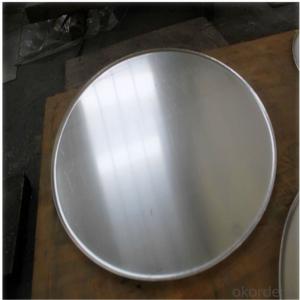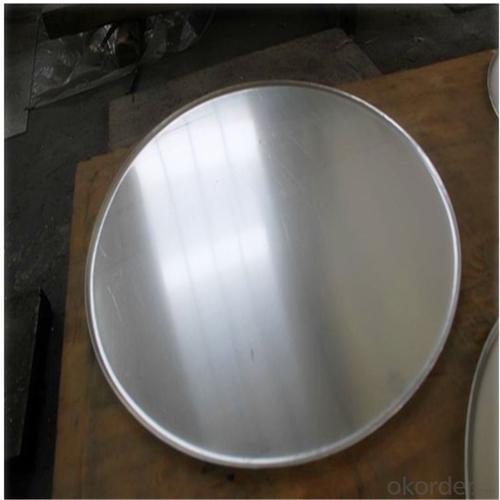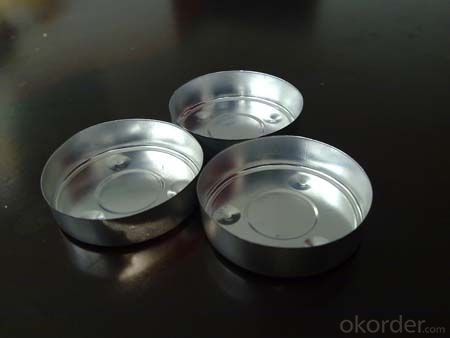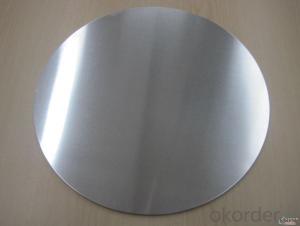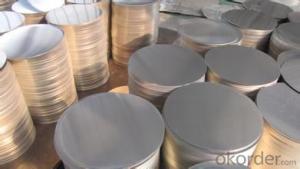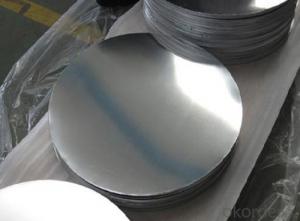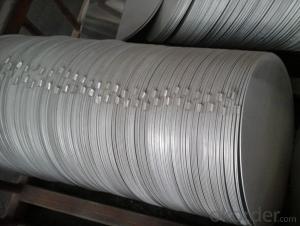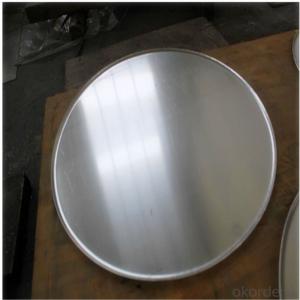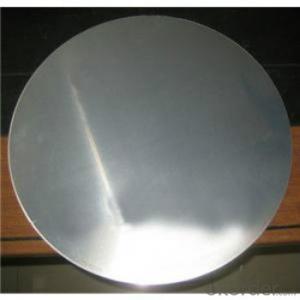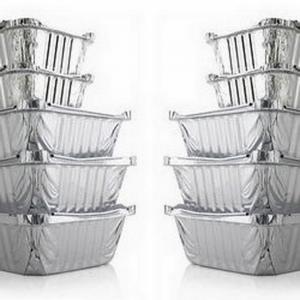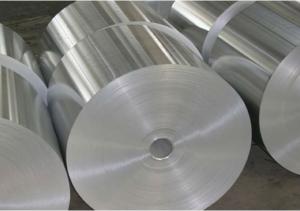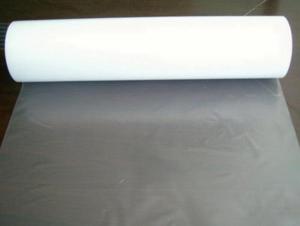Aluminum Flat Circles for Non-Stick Fry Pan
- Loading Port:
- Shanghai
- Payment Terms:
- TT OR LC
- Min Order Qty:
- 2.5
- Supply Capability:
- 5000 m.t./month
OKorder Service Pledge
OKorder Financial Service
You Might Also Like
Specification
Aluminium Flat Circles for Non-Stick Fry Pan
l Product Introduction
Aluminum Circle is mainly used for general commercial and industrial uses, like the capacitor case, toothpaste case, medical tubes, kitchen ware, spray bottle, cosmetic case. With high quality casting and rolling coils or hotrolled coils as raw meterials, it goes through different cold rolling deformation, slitting, annealing and finally stamping into an aluminum disc, then packaging for delivery.
l Specification
Certificate | ISO9001:2008 ISO 14001:2004 OHSAS 18001:2007 | |||||||||||
Product Name | Aluminum Circles for Cookware | |||||||||||
Hardness state | H14, H16, H18, H22,H24, H26, H22 ,H32,H34 and “O”. | |||||||||||
Product Size | Thickness: 0.3-68.0mm, Diameter: 20-1030mm | |||||||||||
Surface Treatment | mill finished | |||||||||||
Processed | Deep drawings | |||||||||||
Min order quantity | 2.5 tons | |||||||||||
Short lead time | 20 days | |||||||||||
Application | Cookware, Electrical Appliances | |||||||||||
Month Capacity | 5000 tons | |||||||||||
Chemical Composition (WT.%) | ||||||||||||
Alloy | Min.AL | Si | Fe | Cu | Mn | Mg | Cr | Ni | Zn | Ca | ||
1050 | 99.5 | 0.25 | 0.4 | 0.05 | 0.05 | 0.05 | --- | --- | 0.05 | --- | ||
1060 | 99.6 | 0.25 | 0.35 | 0.05 | 0.03 | 0.03 | --- | --- | 0.05 | --- | ||
1070 | 99.7 | 0.25 | 0.25 | 0.04 | 0.03 | 0.03 | -- | --- | 0.04 | --- | ||
1100 | 99 | 0.95 | 0.95 | 0.05-0.2 | 0.05 | --- | -- | --- | 0.1 | --- | ||
Mechanical Properties | ||||||||||||
TEMPER | THICKNESS(mm) | TENSILE STRENGTH | ELONGATION% | |||||||||
HO | 0.55-5.50 | 60-100 | ≥ 20 | |||||||||
H12 | 0.55-5.50 | 70-120 | ≥ 4 | |||||||||
H14 | 0.55-5.50 | 85-120 | ≥ 2 | |||||||||
l Packaging & Delivery
Packaging detail: Seaworthy Export Standard Wooden Pallet
Delivery detail: About 25 days
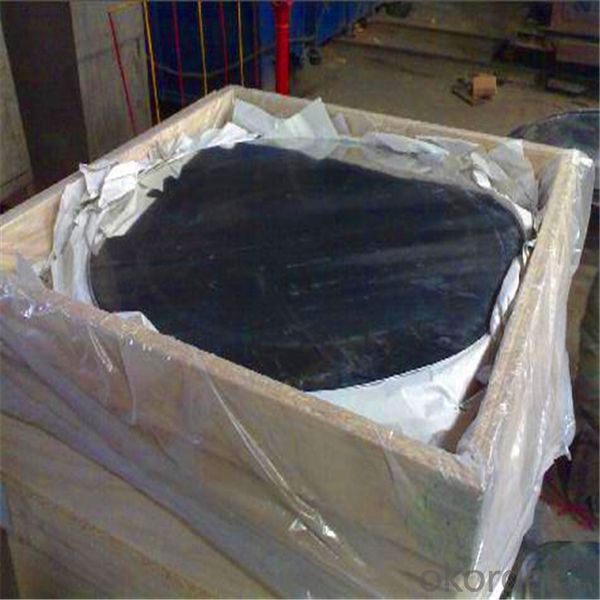
l Company Profile
CNBM International Corporation, China National Building Materials (Group) Corporation, is one of the largest companies in China building material & equipment industry, with 42,800 employees and sales in 2005 of US Dollar 4.395 billion. In 2006, China National Building Material Company Limited was listed on Hong Kong Stock Market with the stock code as 3323.
Aluminium Products have been our featured products. We have specialized in aluminium products for about a decade and have sold our good quality aluminium products to the worldwide.
l CNBM World Wide

l Product Images
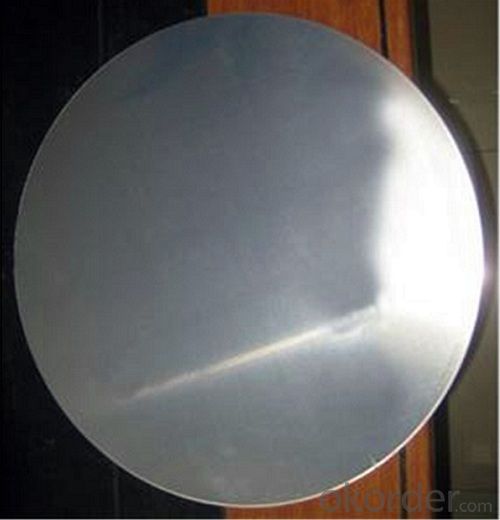
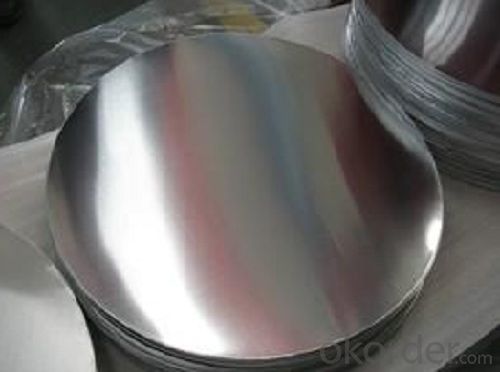
l Application
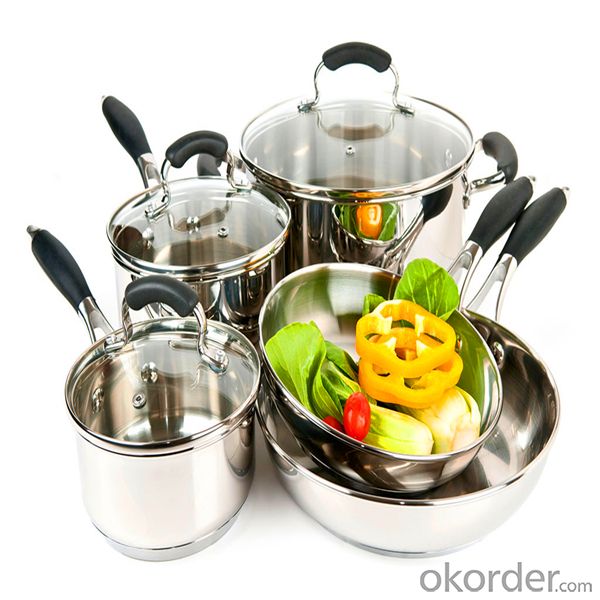
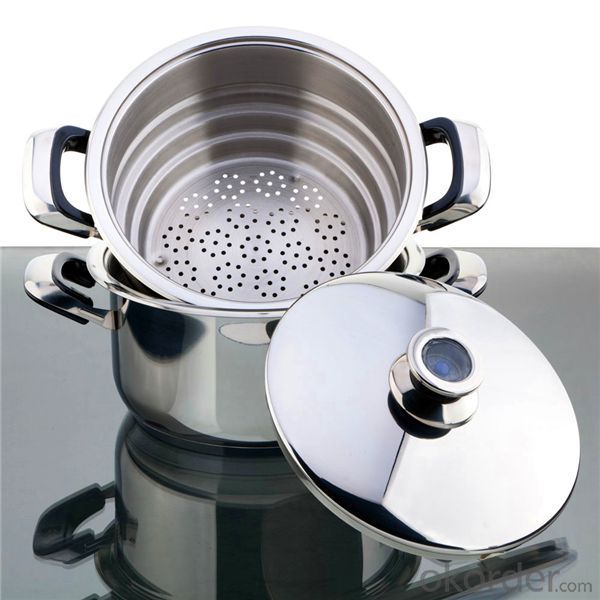
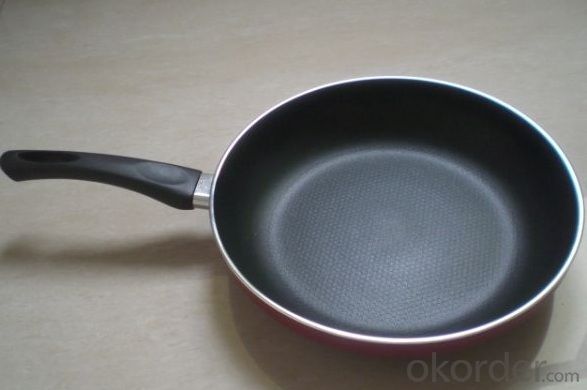
l Certificates
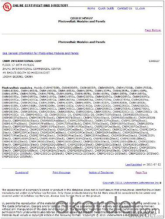
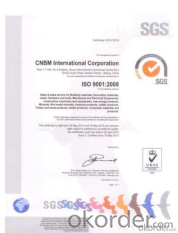
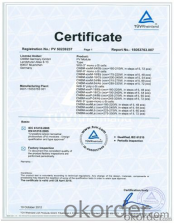
l FAQ
Q: Do you provide free samples?
A: Yes, free samples will be sent to you on freight at destination.
Q: Can I get your latest products catalogue?
A: Yes, it will be sent to you in no time.
Q: What is the MOQ?
A: 2.5 tons
Q: What are your payment terms?
A: We accept L/C, T/T.
- Q: Is it possible to use aluminum as a substance that accelerates chemical reactions?
- <p>Aluminum is not typically used as a catalyst in chemical reactions. Catalysts are substances that increase the rate of a chemical reaction without being consumed in the process. Aluminum, being a metal with a +3 oxidation state, does not readily participate in reactions where it could act as a catalyst. Instead, it is more commonly used in its elemental form for structural purposes or as a reducing agent in certain chemical processes. However, aluminum compounds, such as alumina (Al2O3), can be used as catalysts or catalyst supports in specific industrial applications.</p>
- Q: Is it possible to recycle aluminum cans and turn them into new cans?
- <p>Yes, aluminum cans can be recycled into new ones. The recycling process involves melting the used cans, which is much less energy-intensive than extracting and refining new aluminum from bauxite ore. Once melted, the aluminum can be reshaped into new cans or other products. This process is not only environmentally friendly but also economically efficient, as it saves energy and reduces waste.</p>
- Q: Is it possible to utilize aluminum in the construction of automobiles?
- <p>Yes, aluminum is widely used in automobiles due to its lightweight, high strength, and excellent corrosion resistance. It is commonly found in engine components, body panels, and wheels. The use of aluminum can lead to reduced vehicle weight, which improves fuel efficiency and reduces emissions. Additionally, aluminum's recyclability makes it an environmentally friendly choice for automotive manufacturing.</p>
- Q: This question asks for various methods that can be used to recycle aluminum.
- <p>Recycling aluminum can be done through several methods, including mechanical recycling, which involves melting and reprocessing aluminum without altering its chemical properties. This is the most common method due to its efficiency and cost-effectiveness. Another method is chemical recycling, where aluminum is treated with chemicals to break it down into its constituent elements, which can then be repurposed. Additionally, aluminum can be recycled through a process called hydrometallurgical recycling, which uses aqueous solutions to extract aluminum from waste. Finally, sorting and collection play a crucial role in ensuring that aluminum waste is directed to appropriate recycling facilities where these methods can be applied.</p>
- Q: Is aluminum a suitable material for use in the electronics manufacturing industry?
- <p>Yes, aluminum is widely used in electronics manufacturing due to its excellent electrical conductivity, lightweight nature, and resistance to corrosion. It is commonly used in various electronic components such as heat sinks, capacitors, and wiring. Aluminum's malleability also allows it to be easily shaped into different forms, making it versatile for manufacturing purposes. Additionally, it is cost-effective and abundant, which further contributes to its popularity in the electronics industry.</p>
- Q: Is it possible to utilize aluminum in the construction of automobiles?
- <p>Yes, aluminum is widely used in automobiles due to its lightweight and high strength properties. It is commonly found in engine components, body panels, and wheels. Aluminum helps reduce the overall weight of the vehicle, which can improve fuel efficiency and reduce emissions. Additionally, it is resistant to corrosion and can be easily recycled, making it an environmentally friendly choice.</p>
- Q: Explain the distinction between primary and secondary aluminum recycling, including the processes involved in each.
- <p>Primary aluminum recycling involves the production of aluminum from bauxite ore through a process called electrolysis. This process is energy-intensive and requires significant resources. Secondary aluminum recycling, on the other hand, involves the recycling of aluminum products back into new aluminum products. This process is much more energy-efficient as it involves melting and recasting the aluminum, which requires only 5% of the energy needed for primary production. Secondary recycling is more sustainable and environmentally friendly due to its lower energy consumption and reduced waste.</p>
- Q: Describe the reaction of aluminum with acids and bases.
- <p>Aluminum reacts differently with acids and bases. With acids, aluminum undergoes a redox reaction where it loses electrons and forms Al^3+ ions. This reaction is exothermic and releases hydrogen gas. The general reaction with a non-oxidizing acid like hydrochloric acid is: 2Al + 6HCl 鈫?2AlCl鈧?+ 3H鈧? In the presence of a strong base, aluminum reacts with water to form aluminate ions and hydrogen gas, a process known as an alkaline hydrolysis. The reaction can be represented as: 2Al + 2OH鈦?+ 6H鈧侽 鈫?2Al(OH)鈧勨伝 + 3H鈧?</p>
- Q: Describe the reaction between aluminum and oxygen, including the product formed.
- <p>Aluminum reacts with oxygen to form aluminum oxide (Al2O3). This reaction is an oxidation process where aluminum loses electrons and oxygen gains them. The reaction can be represented by the equation: 4Al + 3O2 鈫?2Al2O3. Aluminum oxide forms a protective layer on the surface of aluminum, preventing further oxidation. This property makes aluminum a corrosion-resistant metal, despite its reactivity with oxygen.</p>
- Q: This question asks about the general environmental impact of using aluminum.
- <p>The use of aluminum has both positive and negative environmental impacts. On the positive side, aluminum is lightweight and durable, which can reduce the energy needed for transportation. It is also recyclable, and recycling aluminum saves up to 95% of the energy required to produce new aluminum from raw materials. However, on the negative side, the production of aluminum is energy-intensive and generates significant greenhouse gas emissions. The process also produces toxic byproducts, such as fluorides, which can contaminate water and soil. Additionally, the mining of bauxite, the primary source of aluminum, can lead to deforestation and habitat destruction. Overall, while aluminum has its benefits, its production and use have substantial environmental consequences that need to be managed responsibly.</p>
Send your message to us
Aluminum Flat Circles for Non-Stick Fry Pan
- Loading Port:
- Shanghai
- Payment Terms:
- TT OR LC
- Min Order Qty:
- 2.5
- Supply Capability:
- 5000 m.t./month
OKorder Service Pledge
OKorder Financial Service
Similar products
Hot products
Hot Searches
Related keywords
